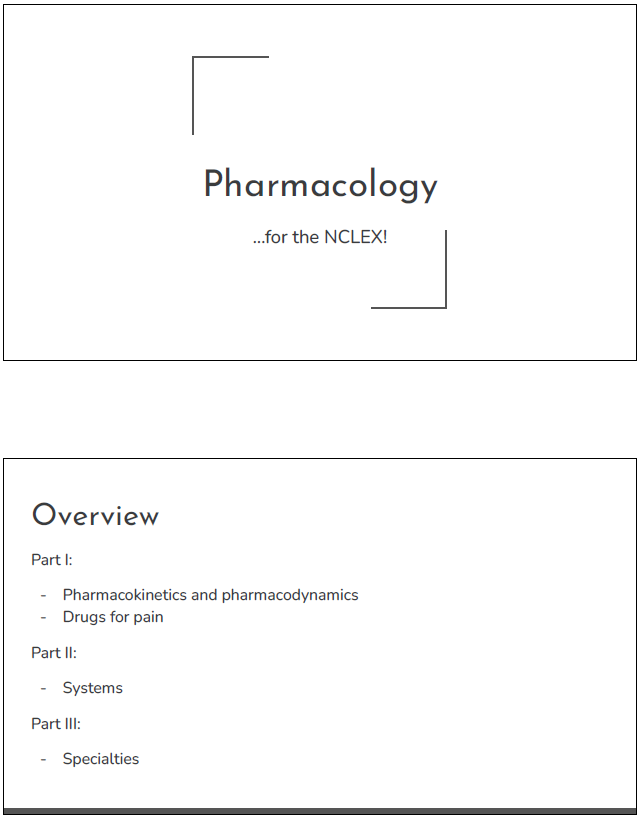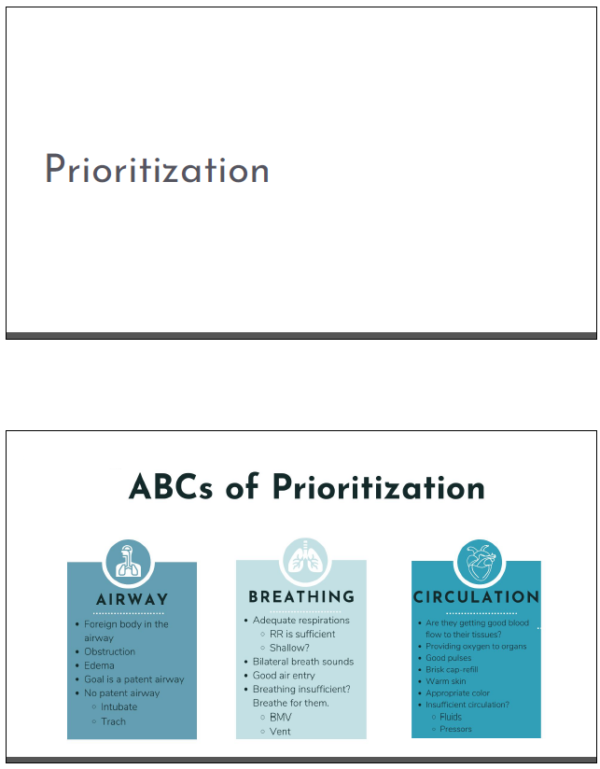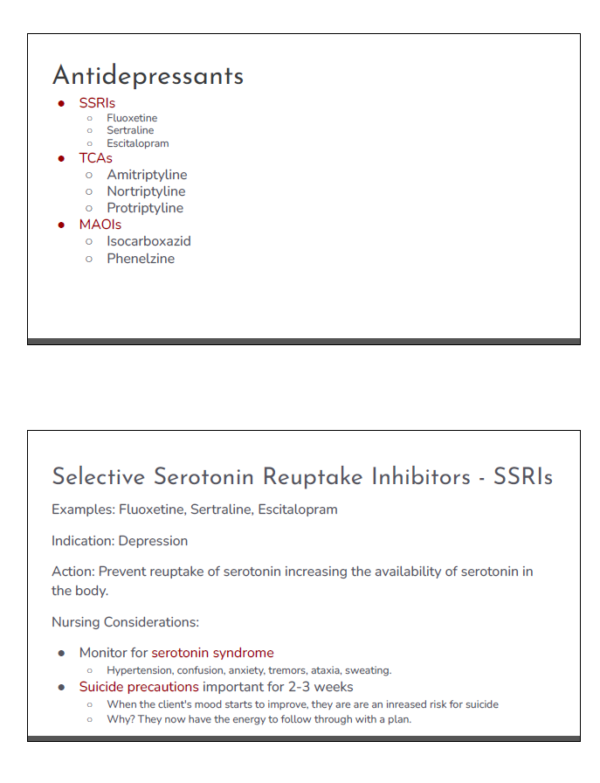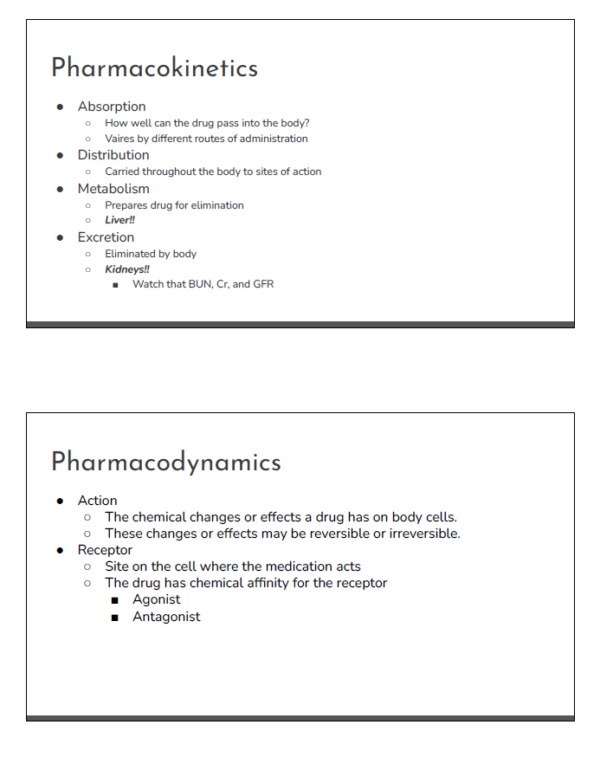“Pharmacology Part 3: Specialties in Mental Health, OB, Pediatrics, and Critical Care” has been added to your cart. View cart
Pharmacology: Comprehensive Guide to Drug Mechanisms and Patient Care
This document provides an extensive review of pharmacology, organized into three parts: pharmacokinetics and pharmacodynamics, system-specific drugs (cardiovascular, respiratory, and endocrine systems), and specialty areas, including mental health medications and infectious disease management. Covering drug actions, nursing considerations, side effects, and key antidotes, this guide is an essential resource for nursing students and healthcare professionals preparing for exams like the NCLEX and reinforcing medication administration skills in clinical practice.
Preview document (- of - pages)
$5.00
- 100% Guaranteed Satisfaction
- Documents can be downloaded immediately
- No hidden fees
Specifications
School:
-
Course:
-
Subject:
-
Year of study:
-
Document
Section:
-
Made on:
October 7, 2024
Type:
.pdf
Pages:
-
Language:
English
Seller

You may also find these Examinations helpful
-
Prioritization in Nursing: Critical Thinking and Decision-Making Strategies
Summaries by NurseEducator on 07-10-2024This document provides essential prioritization techniques for nursing practice, including the ABCs (Airway, Breathing, Circulation), hierarchy of needs, stability spectrum, and the nursing process. It features NCLEX-style questions with rationales... -
Pharmacology Part 3: Specialties in Mental Health, OB, Pediatrics, and Critical Care
Summaries by NurseEducator on 07-10-2024This document provides an in-depth review of pharmacology for specialized areas, including mental health, obstetrics (OB), pediatrics, and critical care. It covers antianxiety agents, antidepressants, tocolytics, pediatric dosing principles, and... -
Pharmacology Part 2: System-Specific Medications and Nursing Considerations
Summaries by NurseEducator on 07-10-2024This document delves into system-specific pharmacology, covering medications for cardiovascular, respiratory, nervous, gastrointestinal, renal, endocrine, and hematologic systems. It includes key drugs like antihypertensives, anticoagulants, bronchodilators, anticholinergics, insulin, diuretics, and... -
Pharmacology Part 1: Pharmacokinetics and pharmacodynamics, and Pain Management
Summaries by NurseEducator on 07-10-2024This document covers foundational pharmacology concepts, including pharmacokinetics, pharmacodynamics, and essential pain management drugs. It explains drug absorption, distribution, metabolism, excretion, and the mechanisms behind drug actions, including agonists, antagonists,...



 13 Pages
13 Pages


